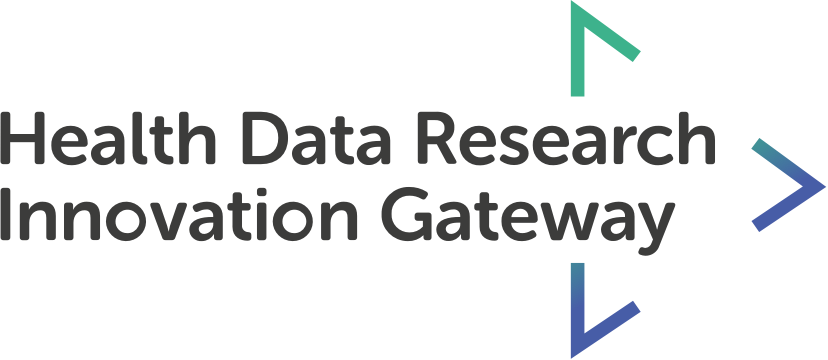Research Question: (RQ89):
How can data best support the recovery and restoration of cancer/health and care services: including ongoing treatment, diagnostic tests, appointments, screening services and palliative care (factoring in regional variation of impact)?
Submitter:
Sara Hiom, Cancer Research UK
Submission Date:
25/05/2020
SAGE Priority Area:
Indirect Impact - Healthcare Pressures, Other conditions
Research Funnel Stage:
3 - Prioritise
Prioritisation Score:
8.5
Prioritisation Rounds:
1
Expected Data Request:
Local data on backlog required as regional variation of impact is high. We’re looking at workforce and capital/equipment to work through the backlog, and deliver ongoing care. From GP appointments and screening services, diagnostic tests, treatment through to follow up and palliative care.
Emerging Insights:
-08/02/2020: Intelligence from cancer services enables us to understand the impact of covid-19 across the cancer patient pathway. Historic data allows us to calculate what we would have expected services to deliver under normal circumstances. Combining these gives us the evidence to plan for recovery of cancer services to ensure that patients get access to screening, diagnostic tests and treatment as soon as they can and ensure those who have missed out can be seen safely. We have recently used this combination of intelligence and data to highlight the number of people missing out on cancer services (as highlighted in the last reporting) to help work with the service to plan for recovery.
-02/06/2020: Around 2.4 million people in the UK are waiting for cancer screening, further tests or cancer treatment according to a new analysis by Cancer Research UK, which has estimated shortfalls in screening, referrals and treatment based on data for England: https://www.cancerresearchuk.org/about-us/cancer-news/press-release/2020-06-01-over-2-million-people-in-backlog-for-cancer-care
Original content: https://web.www.healthdatagateway.org/project/8988170088232605
